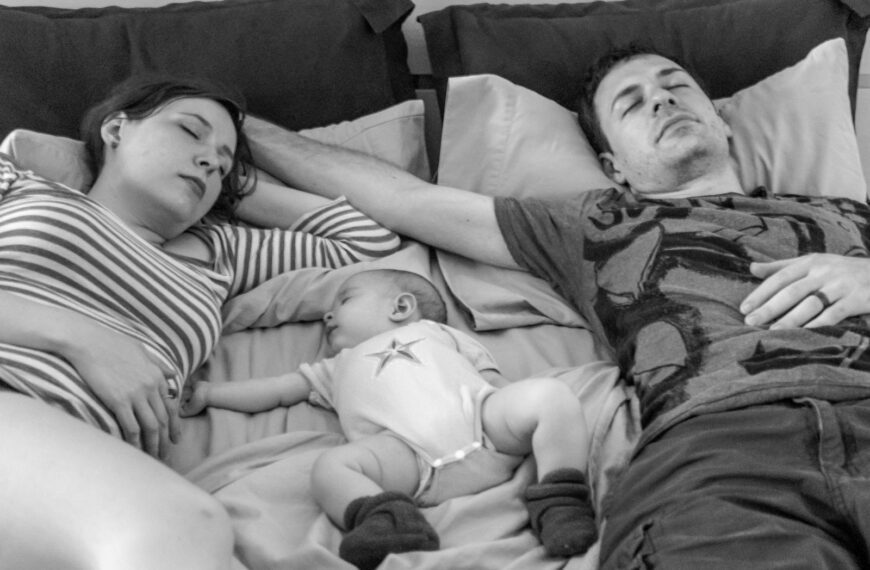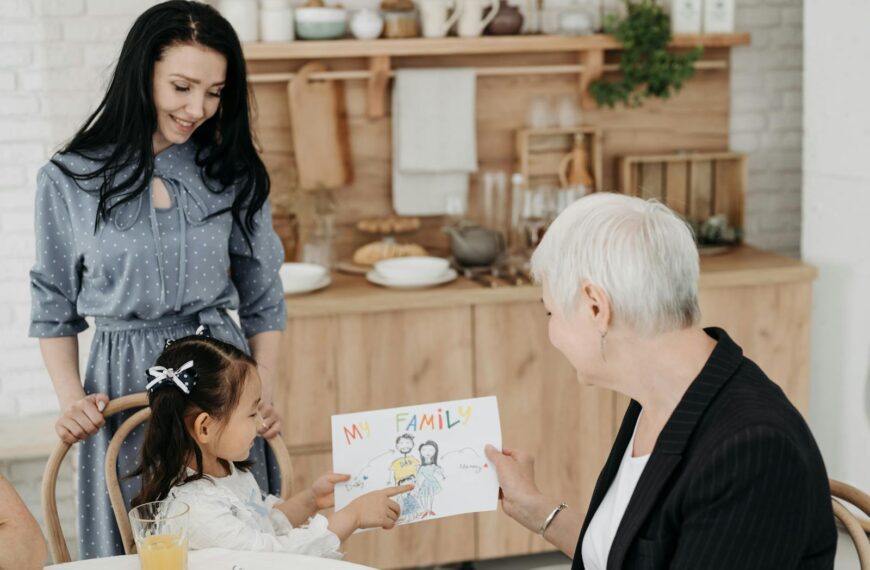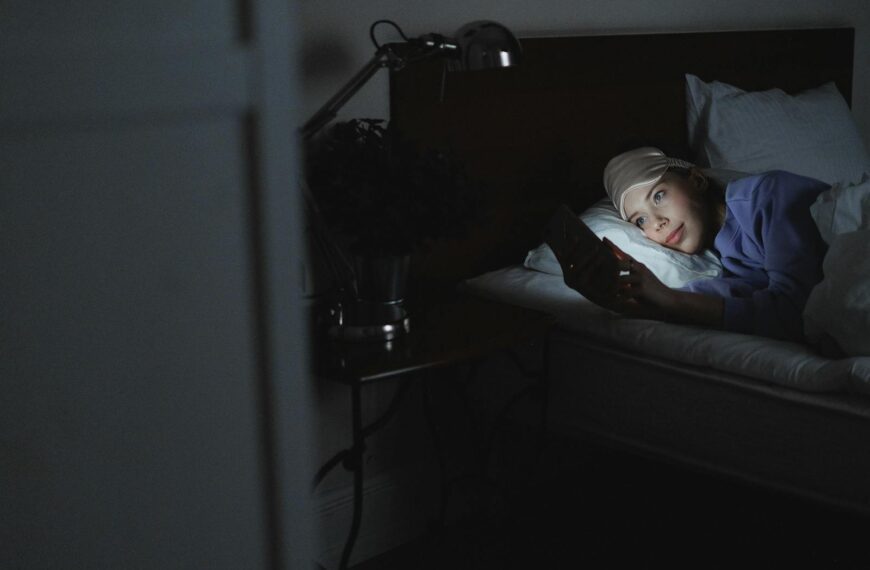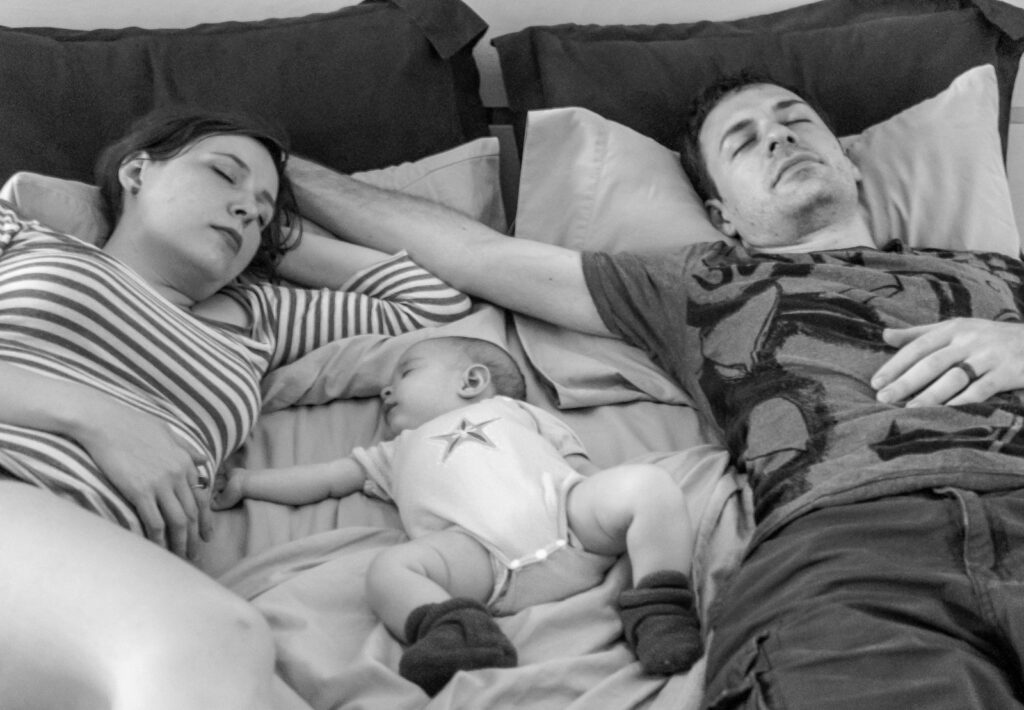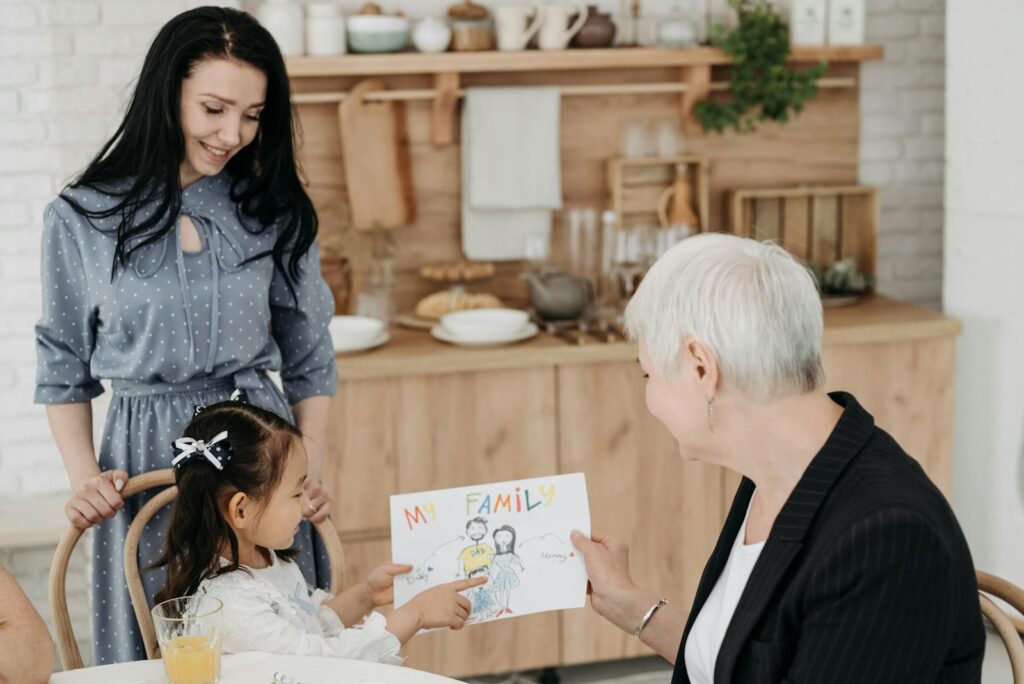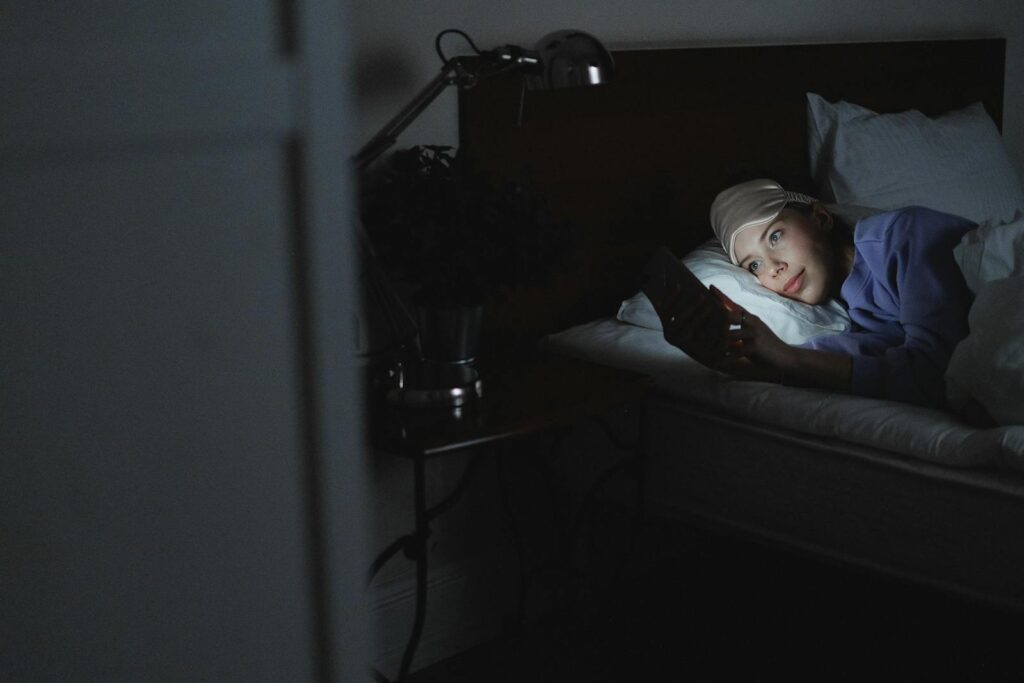1. Old Receipts

We’re all guilty of hoarding receipts “just in case” we need them. However, this can lead to a pile-up of unnecessary papers. Digitally scan or take a picture of important receipts and discard the physical copies. This will not only clear physical space but also organize your purchases in a searchable format, making your life easier.
For everyday purchases, unless you’re intending to return the item or it’s a business expense, there’s no need to keep the receipt. If you’re worried about warranties, many stores can look up your purchase in their system. Remember, the goal is to keep only what is necessary and let go of the rest.
2. Unused Clothes

We often hold onto clothes thinking we might wear them “someday”. This, however, only leads to a cluttered wardrobe. Get rid of clothes that you haven’t worn in a year. Donate, sell, or recycle them.
Sorting out clothes can be a daunting task. Break it down into smaller tasks. Start with one type of clothing at a time, like shirts, pants, or shoes. This way, it won’t feel overwhelming and you’ll be more likely to complete it. Remember, the objective is to simplify your wardrobe and make your daily routine easier.
3. Outdated Gadgets

Most of us have a drawer full of outdated gadgets and cables that we haven’t touched in years. These obsolete items are only adding to your clutter. Sell, donate or recycle these gadgets.
Before getting rid of them, make sure to remove any personal data. If you’re not sure how to recycle electronics, look for local electronic recycling programs or events. By decluttering, you’re not only creating a cleaner space but also helping the environment.
4. Old Medications

Having a medicine cabinet full of expired drugs can be dangerous. It’s important to regularly clean out your medicine cabinet and safely dispose of old medications.
Many pharmacies offer take-back programs where you can drop off your unused medications. Never flush them down the toilet unless the label or patient information specifically instructs you to do so. Proper disposal ensures that these drugs don’t harm others or the environment.
5. Duplicates

Whether it’s kitchen gadgets, tools, or stationery, duplicates rarely serve a purpose. Keep the best and get rid of the rest. This will free up space and make it easier to find what you need.
Before throwing away duplicates, see if they can be donated or shared with friends or family. If you’re finding a lot of duplicates, it might be a sign that you need to be more mindful of your purchases in the future.
6. Old Mail and Junk Mail

Old mail and junk mail can quickly pile up and become a source of stress. To declutter, recycle old mail and unsubscribe from junk mail.
For important mail, consider going digital. Many companies offer paperless billing which reduces clutter and is better for the environment. For junk mail, contact the company directly or register with a mail preference service to remove your name from their lists.
7. Unused Apps

Your digital space also needs decluttering. Remove unused apps from your phone or computer. Not only will this free up storage space, but it’ll also make your device run smoother.
Before deleting an app, ensure you won’t lose any important data. For apps that you rarely use, consider alternatives, like using the web version. Remember, the goal is to streamline your digital life.
8. Old Makeup and Toiletries

Expired makeup and toiletries can harbor bacteria and cause infections. Regularly clean out your vanity and throw away anything past its expiry date.
Just like with clothes, start small. Begin with one category, like lipsticks or moisturizers, and work your way through. It’s a simple step that can make your morning routine smoother and healthier.
9. Old Spices

Spices lose flavor over time and can make your dishes taste less vibrant. Discard any spices that are over a year old.
Consider buying spices in smaller quantities. You’ll have fresher, more flavorful spices and less waste. Plus, your cooking will taste better!
10. Broken Items

We often keep broken items with the intention of fixing them “someday”. Instead, repair, recycle, or throw them away to reduce clutter.
If an item has been broken for more than six months, chances are you don’t need it. Remember, decluttering is about letting go of things that no longer serve you.
11. Old Books

Books can be tough to part with, but if you’re not going to read them again, it’s time to let them go. Donate, sell, or recycle them.
If you’re attached to a book, consider why. If it’s for sentimental reasons, consider taking a photo of it before letting it go. If you simply enjoy reading, consider a digital alternative like an e-reader or audiobooks.
12. Old Photos

Photos can take up a lot of space. Digitize old photos and discard the physical copies.
If you have a lot of photos, this might take a while. Break it down into smaller tasks and take it one step at a time. You’ll be more likely to complete it and you’ll appreciate having all your photos in one, easy-to-access place.
13. Old Chargers and Cables

We all have a box of old chargers and cables that we’re not sure what to do with. If you don’t know what device it belongs to, it’s time to get rid of it.
Local electronic stores often have recycling programs for cables and chargers. By decluttering, you’re not only creating a cleaner space but also helping the environment.
14. Old Notebooks and Journals

Old notebooks and journals can hold a lot of sentimental value, but they can also take up a lot of space. Consider digitizing important pages and recycling the rest.
This is a great opportunity to take a walk down memory lane. Plus, by digitizing your notes, you’ll always have them with you and they’ll be searchable!
15. Unwanted Gifts

Unwanted gifts can cause a lot of guilt, but they also cause clutter. If a gift doesn’t bring you joy, it’s okay to let it go.
Consider regifting, selling, or donating unwanted gifts. Remember, the value of a gift is in the thought, not the object itself.
16. Outdated Documents

Outdated documents like old tax returns, bills, and manuals can take up a lot of space. Digitize what you need and shred the rest.
Before disposing of any documents, make sure they’re not needed for legal reasons. For manuals, many are available online. By decluttering, you’re creating a more organized, peaceful space.
Decluttering is a journey, not a destination. Take it one step at a time and remember, the goal is to create a more peaceful, mindful space. Happy decluttering!


